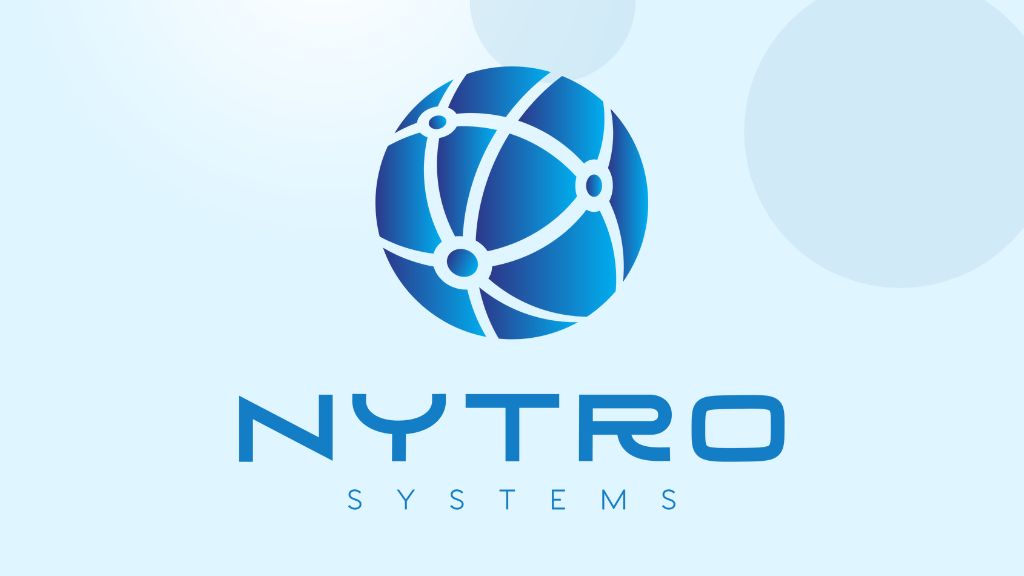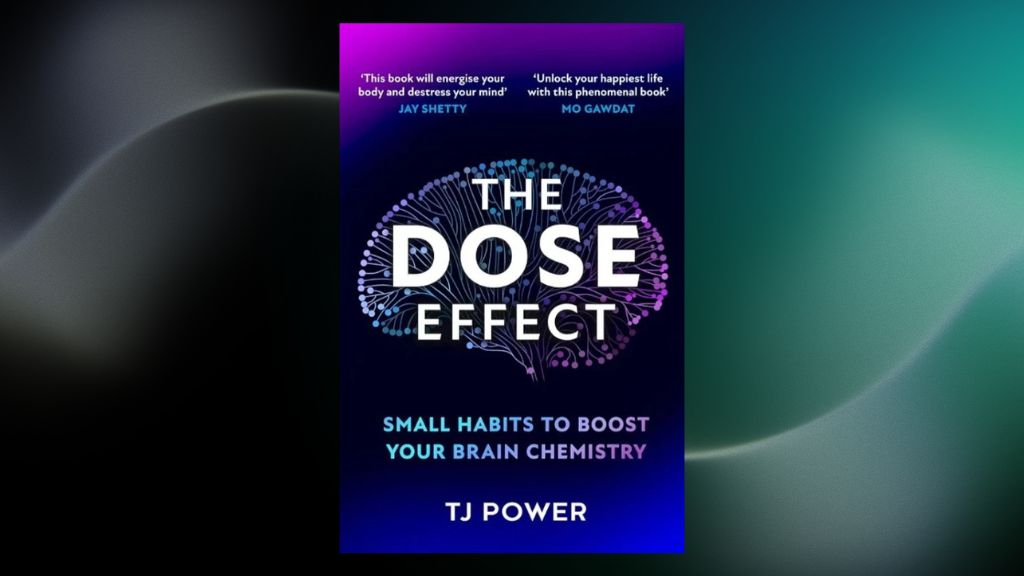Is The AI Bubble Gonna Burst?
Every other post on Reddit’s r/Futurology was lighting up with arguments that the so-called ‘AI bubble’ would make the dot-com crash look tame. Whether you’re checking memes about Nvidia or genuinely worried if data centers will turn into ghost towns, you can’t escape the sense that we’re all living inside a pressure cooker—and no one really knows when (or if) it’ll blow.
The AI Bubble Debate Through Reddit’s Eyes
Step into the heart of Reddit, and you’re instantly transported into a high-stakes arena where the AI bubble debate is raging. If you remember the chaos of the early 2000s—those wild pets.com ads with sock puppets, or the infamous outpost.com Super Bowl commercial—you’ll feel a strange sense of déjà vu. Back then, everyone was both amazed and confused, watching companies burn through millions with little more than a catchy jingle and a dream. Today, Redditors are asking: is AI just the next act in tech’s endless boom-and-bust cycle, or are we witnessing something fundamentally new?
Reddit’s Living Archive: Comparing AI to the Dot-Com Bubble
On subreddits like r/Futurology (22M+ members), r/ArtificialInteligence (1.6M+), and r/BetterOffline (15K), the historical parallels between the AI and dot-com bubbles are front and center. Reddit discussions on the AI bubble are filled with users recalling the rise and fall of companies like Amazon and eBay—survivors of the dot-com era—while others, like pets.com and outpost.com, became punchlines. The lesson? Hype can fuel progress, but it can also set the stage for a spectacular crash if the market isn’t ready.
One Redditor paints a vivid picture: “Remember outpost.com’s Super Bowl ad with the marching gerbils? That’s how today’s AI startup hype feels—big promises, little substance.” The comparison is everywhere, with threads like “Wall Street’s AI Bubble Is Worse Than the 1999 Dot-com Bubble” (504 upvotes, 230 comments) and “The warning signs the AI bubble is about to burst” (12K upvotes, 753 comments) lighting up with heated debate.
AI’s Unique Business Model: Not Your 2000s Tech Bubble
But Redditors are quick to point out that AI technology adoption trends are different this time. Unlike the dot-com days, where software could scale almost for free, every new AI user today comes with a real cost. As user Dick__Dastardly puts it:
“AI is everywhere—often stuffed into apps and services you neither want nor use.”
This isn’t just about hype. The infrastructure needed for AI—massive data centers, expensive GPUs, and constant power—means that every new user strains resources. Redditors liken these data centers to modern gold rush towns: booming today, but at risk of becoming ghost towns if the bubble bursts. This unique cost model is a key reason why the AI bubble debate is so intense on Reddit.
Historical Analogies: Lessons and Warnings
Reddit users love drawing lines between the AI craze and past financial disasters. The 2008 financial crisis and the dot-com bust are frequent reference points. Some warn that the current AI hype could be “17 times the size of the dot-com bubble”—a phrase that pops up in multiple threads. There’s talk of economic shakeups, with giants like Nvidia and Microsoft at the center. If the bubble pops, the fallout could ripple through the tech industry and beyond, drying up investment and sending shockwaves through global markets.
Yet, there’s also hope. Some Redditors point out that after the dot-com crash, the internet didn’t disappear; it matured. Grocery delivery, once a punchline, is now a staple thanks to DoorDash and others. The survivors of the AI shakeout could reshape the world in ways we can’t yet imagine.
The Spectrum of Reddit Opinions
- Doomsayers predict a crash worse than 2008, with mass layoffs and economic turmoil.
- Optimists see a path to cheaper tech and a more rational market once the hype fades.
- Bubble-deniers argue that AI’s transformative power will outlast any downturn.
Reddit’s massive communities—r/Futurology, r/ArtificialInteligence, r/BetterOffline, and r/ExperiencedDevs (323K)—host fierce, nuanced debates. Some cite Ed Zitron’s Better Offline podcast, others reference meme stocks and tech giants. The common thread? A sense that we’re living through a pivotal moment, with risks and opportunities in every direction.
Whether you’re an investor, developer, or just curious, Reddit’s ongoing conversations offer a front-row seat to the AI bubble debate. The stakes are high, the opinions are strong, and the outcome is still unwritten.
Why the Bubble Bursting Might Actually Sting—Hard
Step into the heart of Reddit’s AI debates, and you’ll quickly see why the impact of an AI bubble on the economy is a hot-button issue. The scale of today’s AI investment is staggering—some analysts warn the AI bubble in 2025 could be 17 times the size of the dot-com bubble. That’s not just hype; it’s a sign that the stakes are higher than ever, and the fallout from a burst could be seismic, reaching far beyond Silicon Valley.
Nvidia: The Giant Holding Up the Sky
Right now, Nvidia stock and AI investments are practically joined at the hip. Nvidia’s hardware powers the lion’s share of today’s AI models, and its stock price has become a barometer for the whole sector. If Nvidia stumbles—whether from falling demand, regulatory pressure, or a sudden shift in investor sentiment—the shockwaves could hit global finance hard. Wall Street’s obsession with AI means that a single company’s misstep could trigger a domino effect, dragging down indexes, retirement accounts, and tech portfolios worldwide.
- Nvidia’s market cap: A pillar for AI optimism and investment.
- Wall Street’s exposure: Heavy bets on AI growth, with Nvidia at the center.
- Reddit buzz: Threads like “Wall Street’s AI Bubble Is Worse Than the 1999 Dot-com Bubble” (504 upvotes, 230 comments) show just how closely retail and institutional investors are watching.
Bubble Size: Surpassing Dot-Com Madness
When Redditors and analysts say the AI market collapse could dwarf the dot-com bust, they’re not exaggerating. The numbers are wild: some project the AI bubble’s size at 17 times that of the late ‘90s tech frenzy. That means more money at risk, more companies exposed, and a bigger potential for economic whiplash.
- AI investment risks: Billions are pouring into startups and data centers, but actual returns lag far behind.
- Historical echoes: Like the dot-com era, we’re seeing sky-high valuations for companies with shaky business models.
- Reddit’s pulse: Posts like “The AI Bubble Is Worse Than Ever” and “AI bubble about to burst” (12K upvotes, 753 comments) capture the anxiety and anticipation.
Job Market Effects of AI Automation: A Second ‘Lost Generation’?
One of the most personal impacts of an AI market collapse is what happens to jobs. If the bubble bursts, you could see:
- Mass layoffs: Tech giants and startups alike slashing headcounts to survive.
- Evaporating opportunities: Entry-level tech jobs, internships, and even mid-career roles could vanish overnight.
- Lost generation: Just as after 2000, students and young professionals might abandon tech, spooked by instability.
- Automation fallout: Call centers and other vulnerable sectors could see “enshittification” or outright replacement by AI, making job hunting even tougher.
Redditors in r/ExperiencedDevs and r/ArtificialInteligence warn that the job market effects of AI automation are already being felt, with some large enterprises pulling back on AI adoption due to cost and fatigue.
Wild Cards: Silver Linings or Hidden Costs?
It’s not all doom and gloom. If the AI bubble pops, you might see unexpected benefits:
- Cheaper SSDs and GPUs: As data center demand crashes, suppliers could flood the consumer market with high-end hardware at bargain prices.
- Power grid relief: Massive AI server farms guzzle electricity and water—if they scale down, everyone’s utility bills could drop.
But there’s a catch: the same crash could pile on costs elsewhere, from lost jobs to shrinking retirement accounts. Big investors like Warren Buffett are already cashing out, hedging against a possible collapse.
“Bubbles pop not to erase technology, but to let the dust settle, culling hype from true innovation.”
Across Reddit, the debate rages on—will the impact of the AI bubble on the economy be a short-term shock or a long-term transformation? The only certainty is that the splash zone is wide, and nobody’s entirely safe from getting soaked.
After the Crash: What Actually Survives the AI Market Shakeout?
Step into any heated Reddit thread or tune into podcasts like Better Offline, and you’ll hear the same question echoing through the AI debate: When the bubble bursts, what’s left standing? If you’ve followed the rise and fall of past tech manias, you know the answer isn’t “nothing.” Instead, the future of technology after the AI bubble is shaped by a tough but necessary test—one that only the truly useful, resilient, and adaptable innovations pass.
Think back to the dot-com crash. Not every company vanished in a puff of hype. Amazon and eBay, for example, didn’t just survive—they thrived, evolving into the backbone of today’s digital economy. Meanwhile, flashy names like pets.com and WebVan faded into cautionary legend. The difference? Survivors of tech bubbles were the ones that solved real problems and built business models that could weather the storm. The same logic applies to the AI shakeout: only AI products and companies with genuine, everyday value will make it through.
It’s easy to get swept up in the hype. I’ll admit, I once thought grocery delivery was a pipe dream—something that flopped in the dot-com days and would never catch on. Now, I can’t imagine life without same-day groceries at my door. Tech’s timing is everything. Sometimes, an idea is just waiting for the right infrastructure, habits, or economic moment to click. So, when the AI market shakes out, don’t expect all those wild promises to vanish forever. Some will simply wait for their moment, ready to return when the world is ready.
But what about the massive AI infrastructure investments—those sprawling data centers and server farms? Here’s where things get interesting. If commercial demand for AI collapses, these data centers won’t just gather dust. Redditors and tech podcasts are already speculating about their next act. Could they pivot to powering esports tournaments, cloud gaming platforms, or even digital art museums? Maybe they’ll become the backbone for new productivity tools or mainstream tech services, just as the dot-com bust’s leftover fiber-optic cables helped fuel the next wave of internet growth. The wild card is how creative the tech community can get when resources are suddenly freed up.
Communities like r/BetterOffline and r/Futurology are already imagining these transitions. They know that bubbles, for all their chaos, are also engines of progress. When the hype fades, what’s left is a landscape cleared of noise—where the genuinely useful can finally shine. The AI productivity impacts you’ll see post-crash might not be as flashy as the headlines promised, but they’ll be real: smarter automation in healthcare, better logistics, and tools that quietly make your life easier.
Of course, the shakeout won’t be painless. Expect layoffs, failed startups, and a wave of skepticism—just as after the dot-com bust, when computer science enrollments plummeted and tech optimism soured. But history shows that these corrections are necessary. They force the industry to focus on what works, not just what sounds impressive. And as resources are repurposed—whether it’s AI data centers finding new markets or talent shifting to more grounded projects—the groundwork is laid for the next era of growth.
If you’re following the debate, you’ll see that tech communities aren’t just spectators. They’re the ones who help drive these transitions, finding new niches and building the next generation of innovation. The survivors of this AI bubble won’t be the loudest or the flashiest—they’ll be the ones who prove their worth in your daily life, long after the hype has faded.
So, as you ride out the ups and downs of the AI bubble debate, remember: not all tech disappears in a crash. The future of technology after the AI bubble is shaped by those who adapt, repurpose, and keep building. The shakeout is just the beginning of a new chapter—one where real progress, not just promises, will define what comes next.
TL;DR: However rocky the ride gets, tech busts don’t erase progress—they just weed out the fluff. Stay informed, avoid the FOMO stampede, and keep asking the uncomfortable questions. History shows the survivors shape tomorrow’s tech landscape—and that could still be you.






